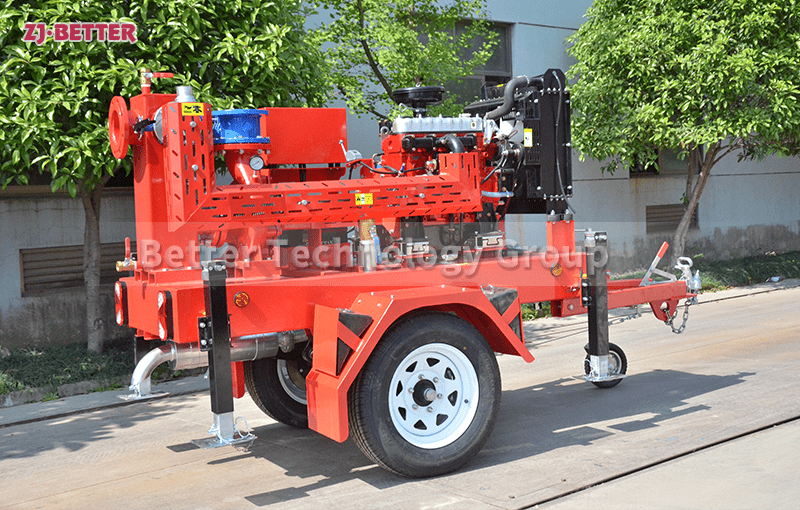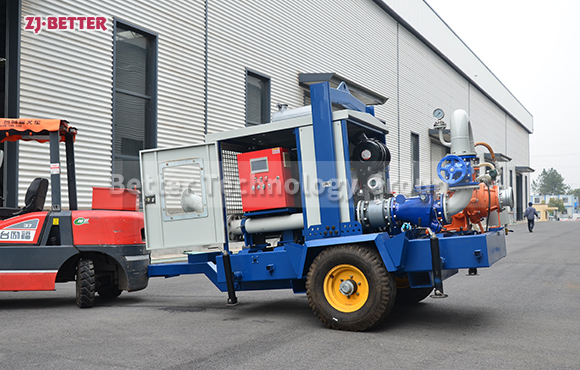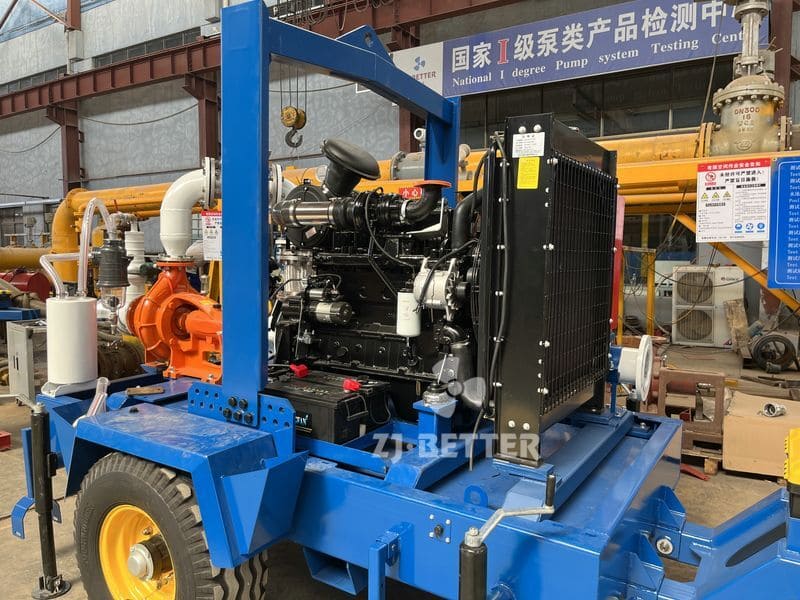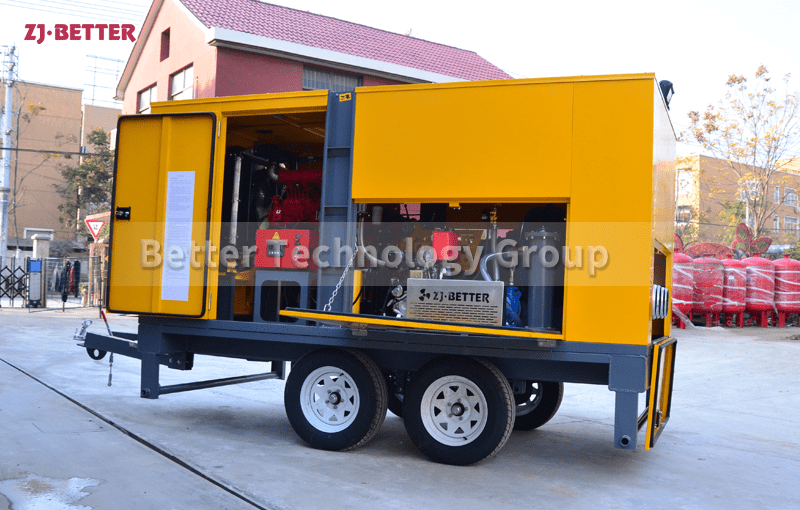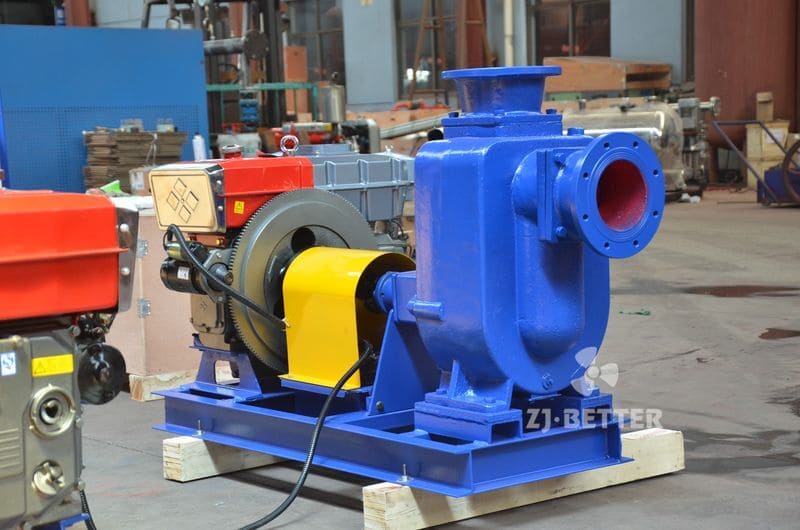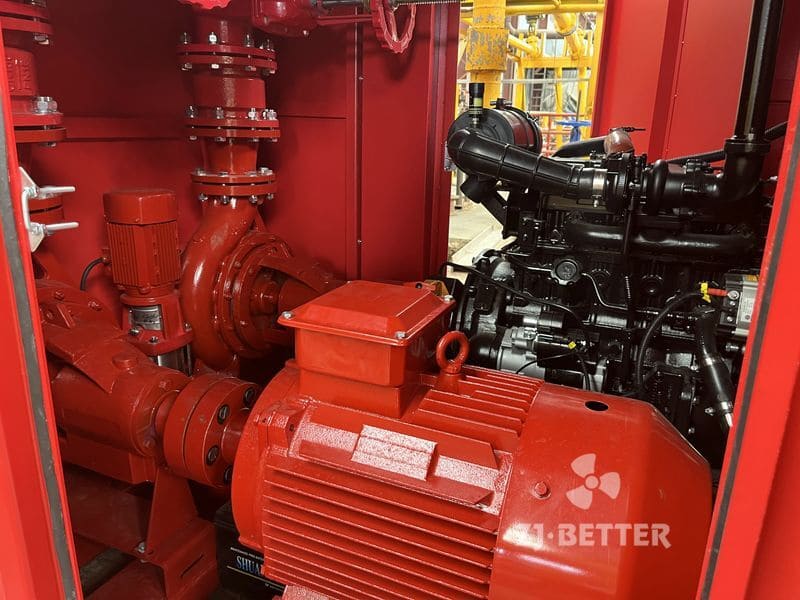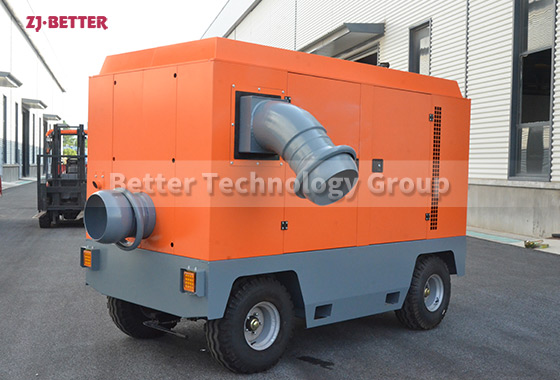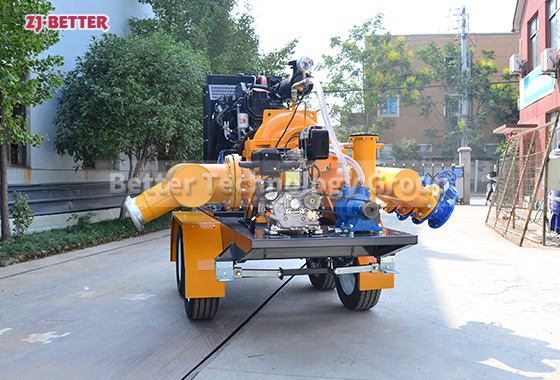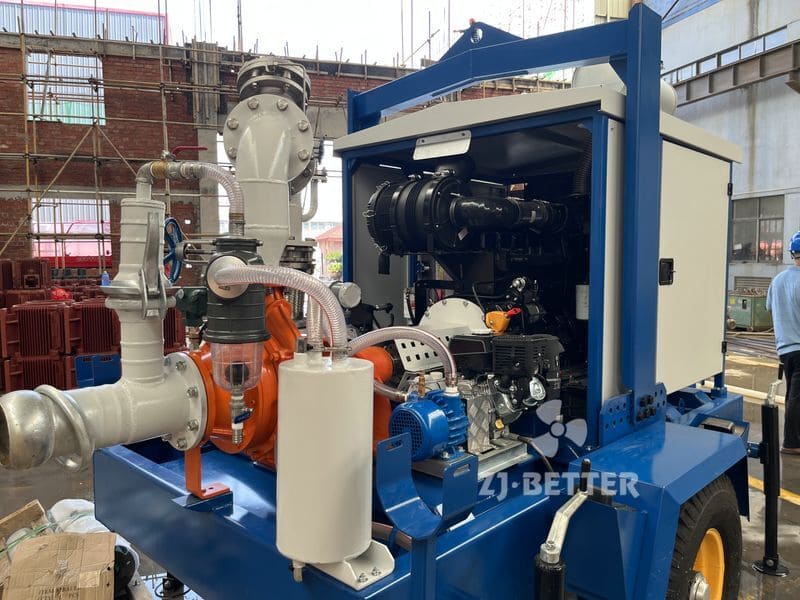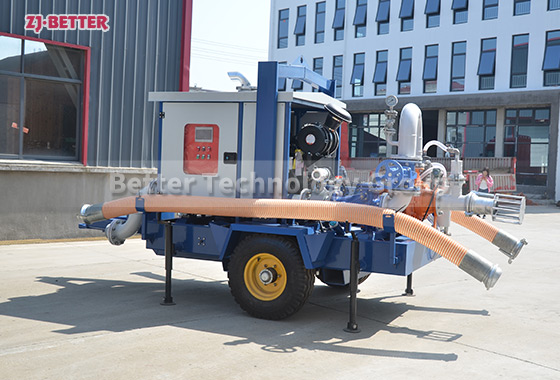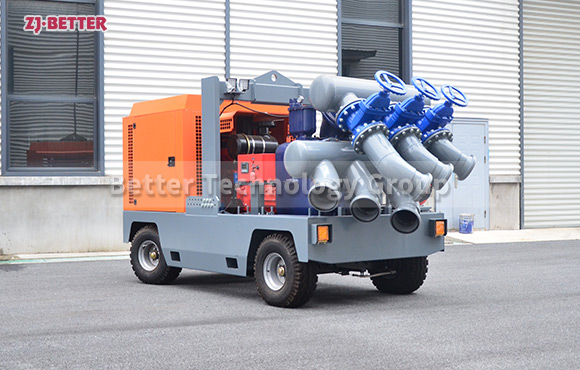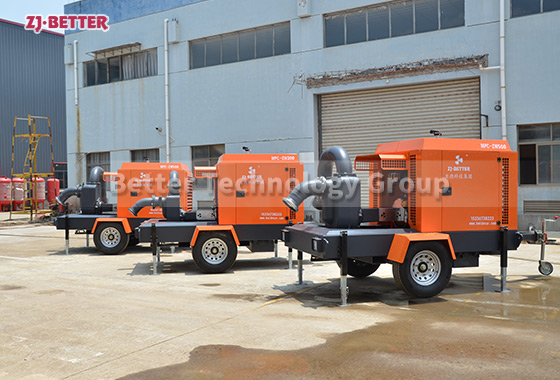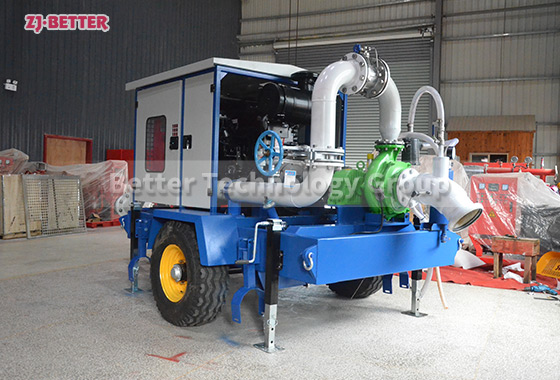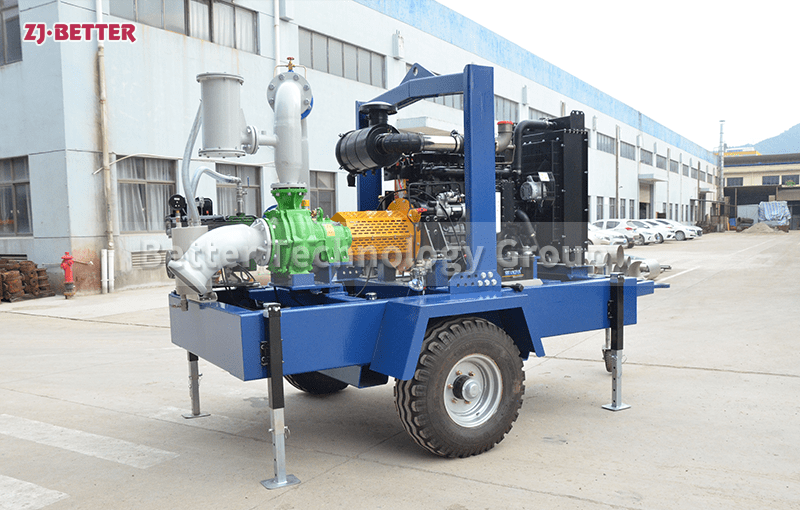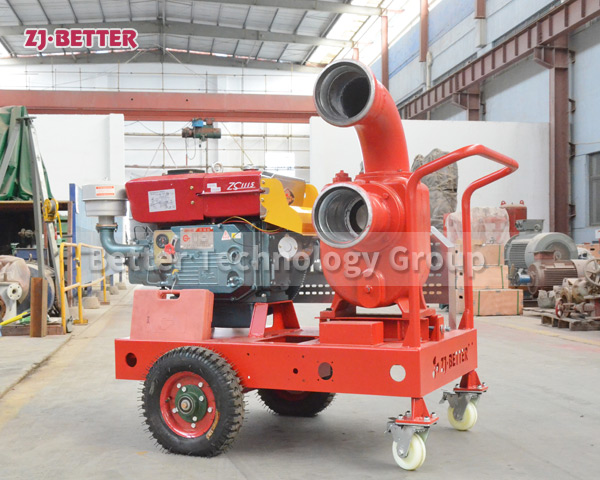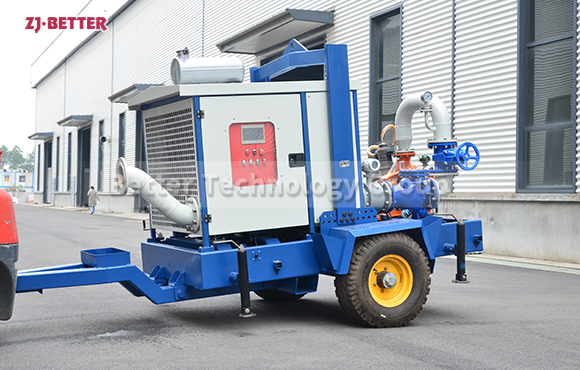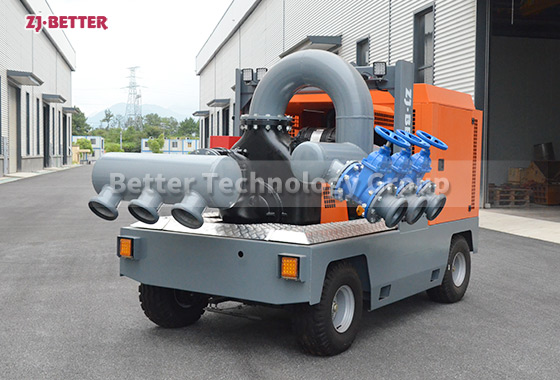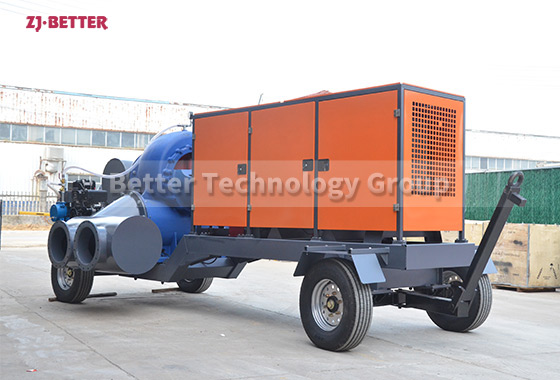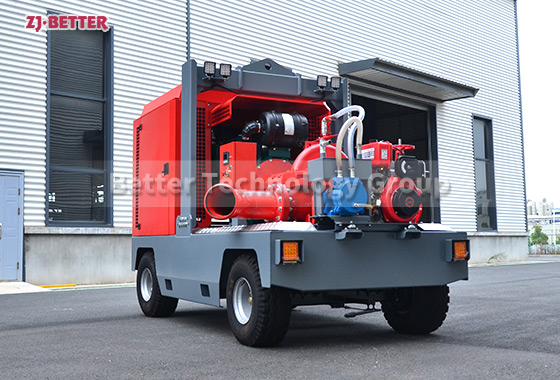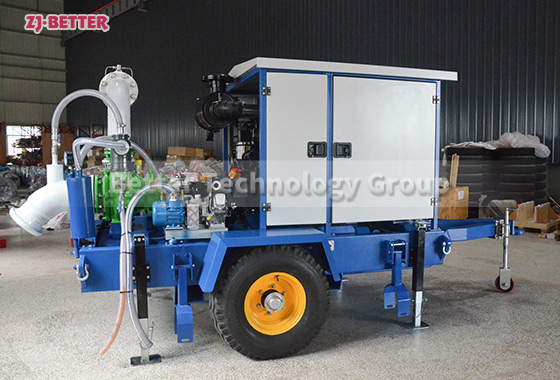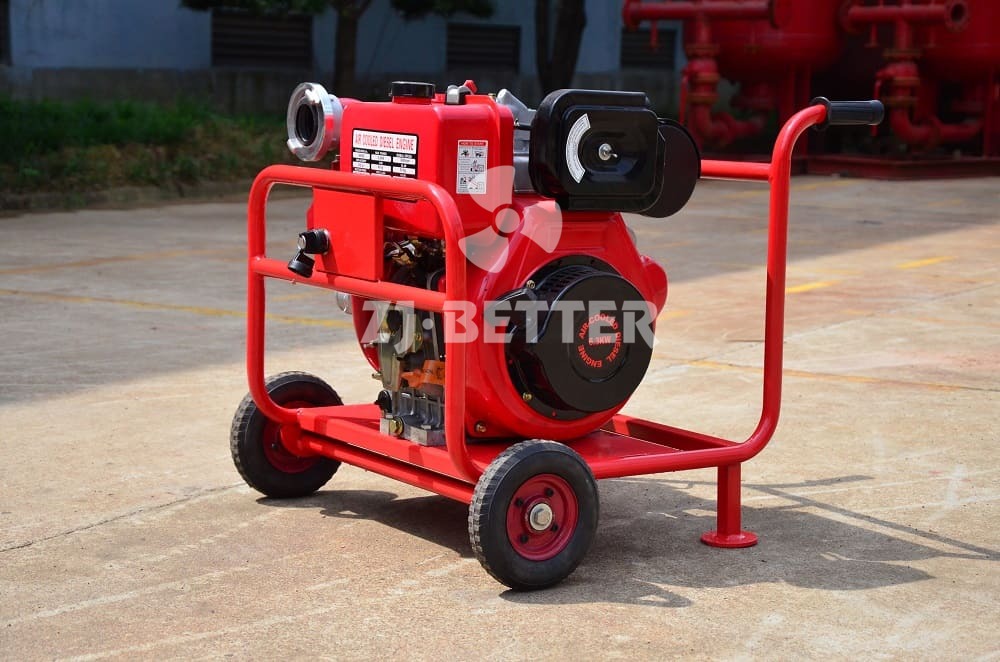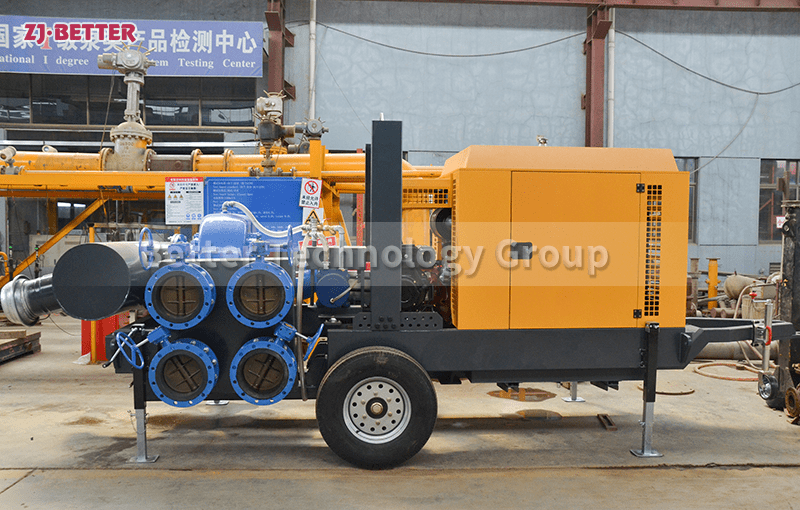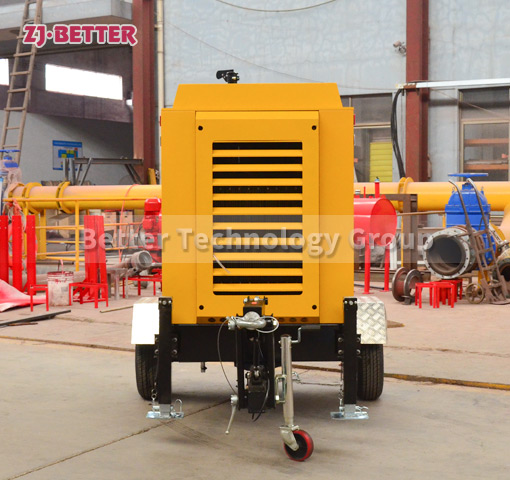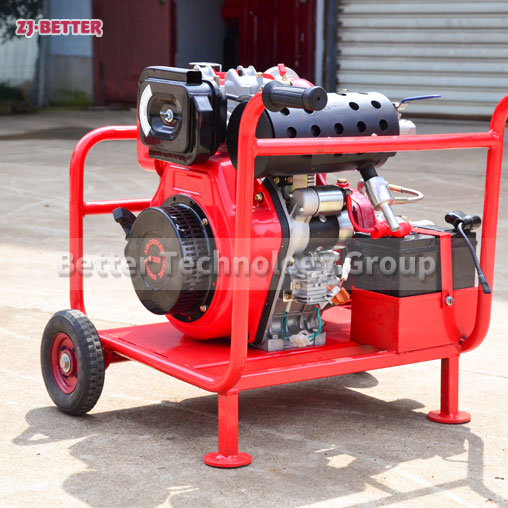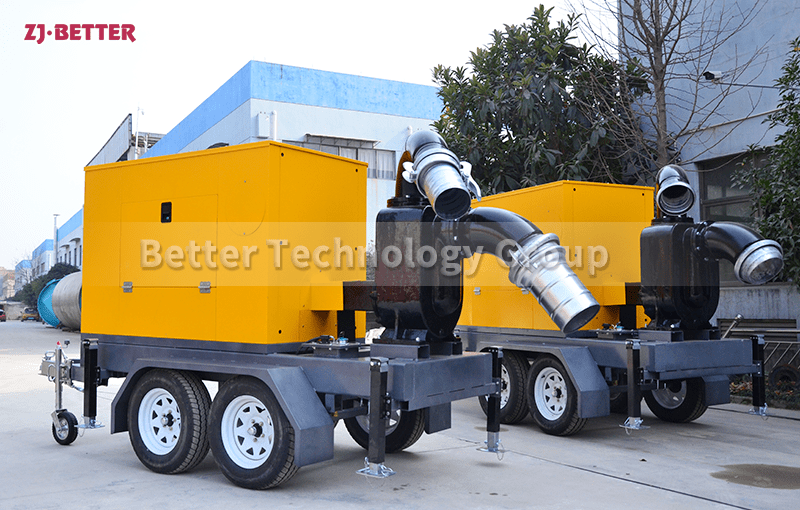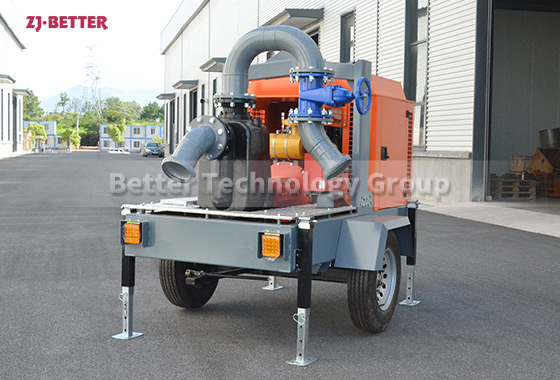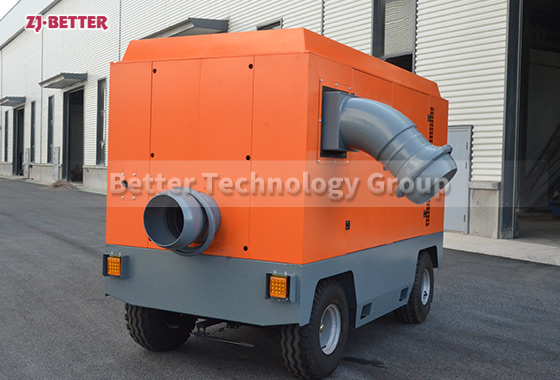Efficient Flow Output and Flexible Installation: Applications of Trailer-Mounted Fire Pumps in Various Scenarios
Trailer-mounted fire pumps offer efficient flow output, flexible installation, and independent power systems, making them suitable for emergency firefighting in urban, industrial, and remote areas. Their intelligent control, durable design, and energy-saving performance ensure efficient and stable fire emergency response.
As a crucial component of modern emergency firefighting systems, trailer fire pumps demonstrate unique advantages in a wide range of situations thanks to their superior flow output and flexible installation options. Especially in emergency response, post-disaster rescue, and locations far from fixed water supply infrastructure, trailer fire pumps’ rapid deployment and efficient performance have made them crucial equipment for disaster relief. Whether deployed in urban firefighting, industrial parks, storage facilities, or in specialized environments like the wild and mining areas, trailer fire pumps play a vital role. Their high flow output, flexible installation design, and independent power system enable them to provide timely and stable water supply support in a variety of complex environments, meeting the needs of extinguishing fires of varying sizes.
First and foremost, the trailer fire pump’s high flow output is one of its most notable features. Modern firefighting systems require equipment to deliver sufficient water flow and pressure in a very short time to rapidly extinguish fires in the early stages. Trailer fire pumps, equipped with a high-efficiency pump body and advanced power system, can deliver high flow and high pressure in emergency situations. The pump design utilizes advanced fluid mechanics, enabling it to instantly pump large quantities of water and quickly deliver it to the fire scene, ensuring timely suppression of the flames. Especially for extinguishing large fires, the efficient output of a trailer fire pump can quickly cover the entire area, maximizing effectiveness. In outdoor areas, far from water sources, trailer fire pumps can leverage their powerful self-priming capabilities to rapidly draw water from nearby pools, rivers, and other sources, providing a continuous supply of hydraulic support for firefighting operations.
Furthermore, the flexible installation design of trailer fire pumps allows them to adapt to a variety of different scenarios. In disaster relief and emergency firefighting, time is often of the essence. The speed of equipment deployment directly determines the success of fire suppression. Trailer fire pumps, whether mounted on a vehicle or on wheels, can be quickly moved and positioned to the fire scene. This mobility allows fire departments to adjust the equipment’s position based on the specific fire situation, precisely delivering water to the very front lines. Compared to traditional fixed-mounted pump units, trailer fire pumps eliminate the need for complex piping and fixtures, allowing them to be quickly deployed even in environments without fixed firefighting equipment. Trailer fire pumps are particularly suitable for temporary fire stations, large construction sites, and various locations requiring temporary firefighting support. In remote areas or environments without access to a power grid, trailer fire pumps can still provide independent and efficient firefighting support.
The trailer fire pump’s independent power system is also a notable feature. Many traditional fire pumps rely on the power grid for operation, but during natural disasters or fires, power infrastructure can often be damaged or difficult to quickly restore. Trailer fire pumps, however, are equipped with diesel engines or other independent power systems, enabling them to continue operating without power. Especially in the event of a power grid outage or when emergency power cannot be delivered in a timely manner, the diesel-powered pump unit can ensure stable operation and smooth firefighting efforts. This independent power system not only increases the equipment’s emergency response capabilities but also reduces its reliance on external power infrastructure, enabling it to provide timely water supply in any situation.
In terms of operation, trailer fire pumps are also remarkably easy to use. Equipped with an intelligent control system and a simple, easy-to-understand interface, users can master basic operations in just minutes. For operators in emergency situations, the simple and intuitive control system significantly reduces the possibility of operational errors, ensuring the firefighting system can respond to fires immediately. This intelligent control system monitors the equipment’s operating status in real time, adjusts water flow and pressure parameters, and issues prompt alarms when malfunctions occur, helping users quickly locate and address the problem. Furthermore, the intelligent control system supports remote operation and monitoring, allowing operators to remotely view equipment status, make necessary adjustments, and troubleshoot, significantly improving equipment management efficiency.
In terms of environmental adaptability, the durability and protective design of trailer-mounted fire pumps are another major advantage. Fire pump units often need to operate for long periods in extreme environments. Trailer-mounted fire pumps utilize highly corrosion-resistant materials and protective designs to effectively withstand various adverse factors. They maintain stable operation in harsh environments, including high and low temperatures, high humidity, and strong winds and sandstorms. The protective design of the pump body and power system ensures the equipment’s resistance to environmental corrosion, extending its service life. Trailer-mounted fire pumps are particularly effective in challenging firefighting environments, such as mining areas, oil fields, and ports.
Energy efficiency is another major advantage of trailer fire pumps. This unit utilizes a highly efficient fuel drive system, enabling high flow output while minimizing energy consumption. The high efficiency of the diesel engine ensures low fuel consumption even at high power, reducing operating costs while maintaining water flow. Furthermore, the unit’s low noise design eliminates noise pollution, making trailer fire pumps suitable for use in locations with strict noise control requirements, such as cities and residential areas.
Trailer fire pumps also offer significant advantages in terms of maintenance and servicing. Their modular design simplifies the repair and replacement of components. Users only need to regularly check key components such as the oil level, filter, and cooling system to ensure long-term, efficient operation. Furthermore, an intelligent monitoring system provides real-time feedback on the unit’s operating status, alerting users to necessary maintenance and avoiding production downtime or delayed response due to equipment failure.
Overall, trailer fire pumps, with their high flow output, flexible installation design, and independent power system, have become an indispensable emergency response device in modern firefighting systems. Whether in urban high-rises, large industrial parks, or remote wilderness areas, trailer-mounted fire pumps can rapidly provide water, ensuring a timely and effective fire emergency response. Their high efficiency, energy conservation, environmental friendliness, ease of operation, and durability make them an ideal choice for a variety of firefighting locations, meeting the growing demand for fire safety. As technology evolves, trailer-mounted fire pumps will continue to play a vital role in various firefighting scenarios, enhancing global fire emergency response capabilities.



